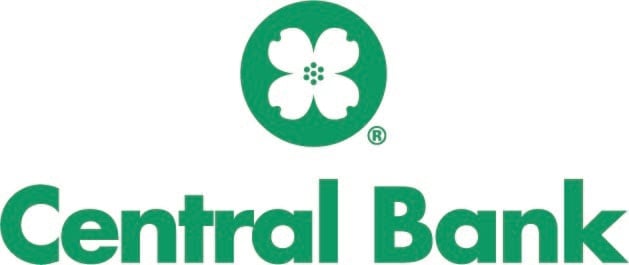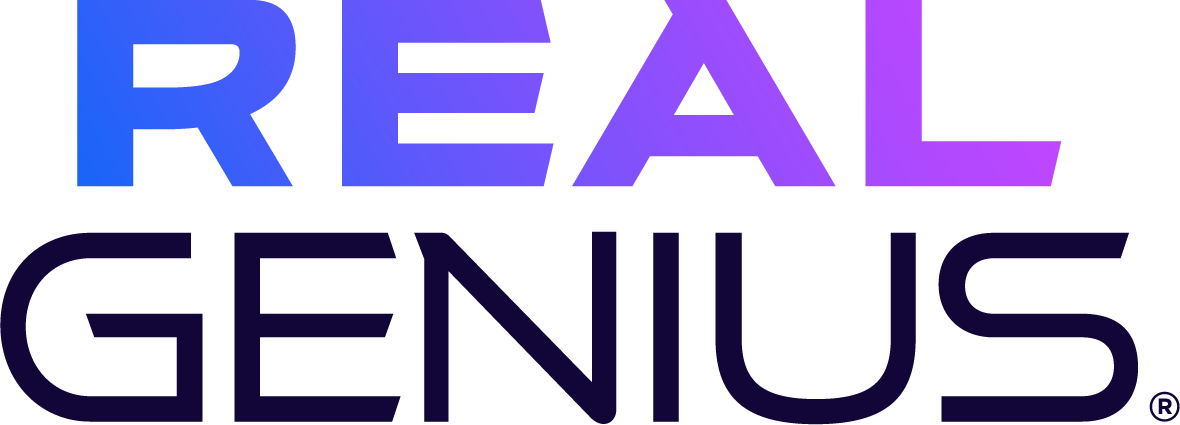Compare 10-year ARM Mortgage Rates | Monday, March 2, 2026
Rates are current as of March 2, 2026 8:45 PM EST
APR 5.81%
0.00% 1wAPR 6.29%
-0.03% 1wAPR 5.81%
0.00% 1wShow details
The Nerdy headline
NBKC stands out for its attractive interest rates and fees, and is primarily an online lender — though its app does not have mortgage features and chat support is not geared toward mortgage borrowers.
Home loans overall
NerdWallet rating4.5
- Competitive interest rates and fees.
- Offers most common loan types, as well as a handful of specialty loans.
- Payouts are available to borrowers whose loans don’t close on time.
- Customer service is only accessible over the phone for many mortgage customers.
- Does not offer renovation loans.
- Home equity products are not currently a lending priority.
Show details
The Nerdy headline
Midwest-rooted Central Bank offers an online application, which you can track via mobile app. But you’ll have to contact the bank for mortgage rates.
Home loans overall
NerdWallet rating
4.0
- Among the best when it comes to online convenience.
- Offers a full selection of mortgage types and products, including jumbo, home equity, and government loans.
- Claims to offer preapproval within 24 hours of loan application.
- You'll have to complete a loan application to see mortgage interest rates.
- Bank branch locations limited to the Midwest.
- Does not offer home equity lines of credit.
Show details
The Nerdy headline
Home loans overall
NerdWallet rating
4.5
- Offers a variety of mortgage options, including jumbo loans, and FHA and VA loans.
- Offers home equity loans and lines of credit.
- Displays customized rates, with fee estimates, without requiring contact information.
- Doesn’t offer mortgages in all 50 states.
- Home renovation loans are not available.
Show details
The Nerdy headline
Farmers Bank of Kansas City lets you browse rates and apply online, but branches are Kansas-only. Get discounts by using the bank’s partner real estate network.
Home loans overall
NerdWallet rating
4.5
- Displays customized rates, with fee estimates, without requiring contact information.
- Offers home equity loans and lines of credit.
- Mortgage origination fees are on the low side compared to other lenders, according to the latest federal data.
- Doesn’t offer government-backed FHA or USDA loans, or adjustable-rate mortgages.
- Home renovation loans are not available.
- Mortgage rates are on the high side compared to other lenders, according to the latest federal data.
Show details
The Nerdy headline
First Federal Bank stands out for its exceptionally low interest rates and its emphasis on government loans. Most likely to appeal to borrowers shopping for low rates and fees.
Home loans overall
NerdWallet rating5.0
- Strong experience in FHA and VA lending.
- Average mortgage rates are on the low side, according to the latest federal data.
- Minimum credit score requirement of 580 for some loans, which is lower than some competitors.
- No mobile app.
- Home equity lending is not a priority.
- Does not offer renovation loans, but does offer construction loans.

NMLS#1880338
APR
6.33%
APR
6.33%
Interest rate
6.13%
Est. mo. payment
$2,431/mo
Total fees
$1,248
Next Door Lending is a wholly-owned subsidiary of NerdWallet
Show details
The Nerdy headline
Next Door Lending, a mortgage broker, offers expert assistance shopping for and closing a loan, as well as specialty loans at competitive rates. Mortgages are not available in every state.
- Offers a variety of loan types, including first-time buyer programs and loans for self-employed borrowers.
- Real-time rate quotes available while working with a broker.
- Responsive customer service.
- Competitive pricing often available, especially for non-traditional borrowers.
- Does not publish interest rates online.
- No mortgage mobile app.
- Loans are not available in every state.
Show details
The Nerdy headline
Home loans overall
NerdWallet rating
5.0
- Offers an online application and loan process updates.
- Offers mortgages for investment properties.
- Makes it easy to browse current rates and get a customized mortgage rate quote.
- Does not offer FHA or VA government-backed loans.
- No renovation mortgage options.
About these rates: The lenders whose rates appear on this table are NerdWallet's advertising partners. NerdWallet strives to keep its information accurate and up to date. This information may be different than what you see when you visit a lender's site. The terms advertised here are not offers and do not bind any lender. The rates shown here are retrieved via the Mortech rate engine and are subject to change. These rates do not include taxes, fees, and insurance. Your actual rate and loan terms will be determined by the partner's assessment of your creditworthiness and other factors. Any potential savings figures are estimates based on the information provided by you and our advertising partners.
Explore historical mortgage rate trends
See how rates have changed over time to understand past patterns and economic fluctuations

Historical timeline
Loan purpose
Loan type
National average 5.81%
Today's average mortgage rates
| Product | Interest rate | APR |
|---|---|---|
| 30-year Fixed | 5.80% | 5.81% |
| 30-year Fixed FHA | 6.12% | 6.86% |
| 30-year Fixed VA | 5.47% | 5.74% |
| 20-year Fixed | 5.70% | 5.71% |
| 15-year Fixed | 5.39% | 5.41% |
| 10-year Fixed | 5.39% | 5.42% |
| 3-year ARM | 8.19% | 7.46% |
| 5-year ARM | 5.85% | 6.29% |
| 7-year ARM | 5.64% | 6.09% |
| 10-year ARM | 5.80% | 5.81% |
Accurate as of 03/02/2026.
Data source: ©Zillow, Inc. 2025. Use is subject to the Terms of Use
Today's 10-year ARM rates | Monday, March 2, 2026
10-Year ARMs: How They Work and When to Consider One
Find and compare the best mortgage rates for a 10-year adjustable-rate mortgage.



Bella Angelos
Chris Jennings
What is a 10-year ARM?
When should you consider a 10-year ARM?
ARM glossary
- Index: The benchmark rate that reflects overall market conditions. Most ARMs use the 30-day average SOFR, which can rise or fall over time. The index is used together with the margin to determine your adjustable interest rate.
- Margin: A fixed number of percentage points that the lender adds to the index to calculate the interest rate at each adjustment. The margin does not change over the life of the loan. For example, if the index rate is 3.985% and your margin is 2.75 percentage points, your interest rate would be 6.75% after rounding.
- Rate cap: The maximum amount your loan’s interest rate can increase or decrease at the first adjustment, each time thereafter and over the life of the loan. Rate caps help protect borrowers from large, sudden payment changes.
Learn more about adjustable-rate mortgages:
More mortgage tools and resources
Latest mortgage news and analysis
View rates by loan type or state
Get even more specific with rates personalized to your situation






